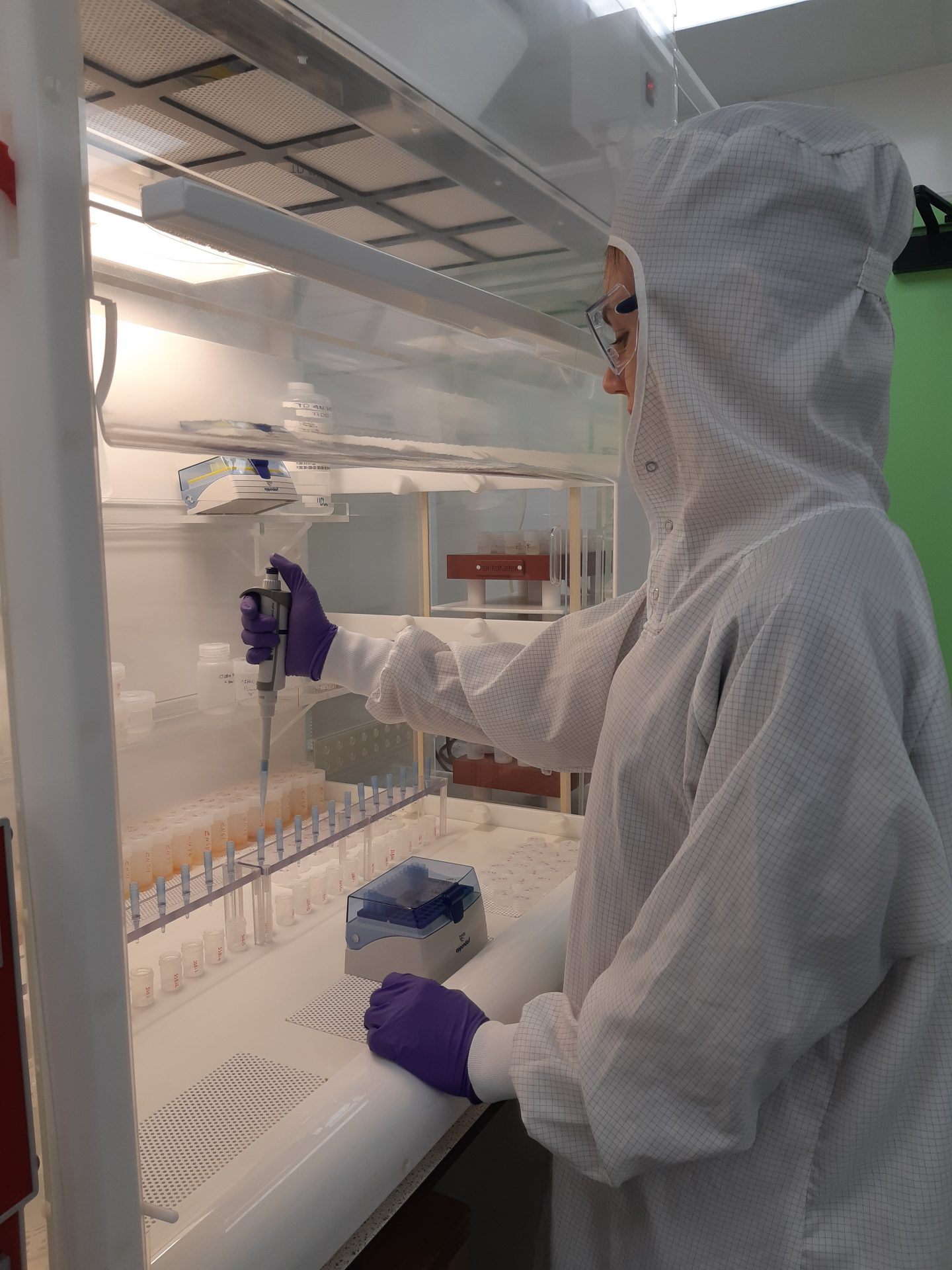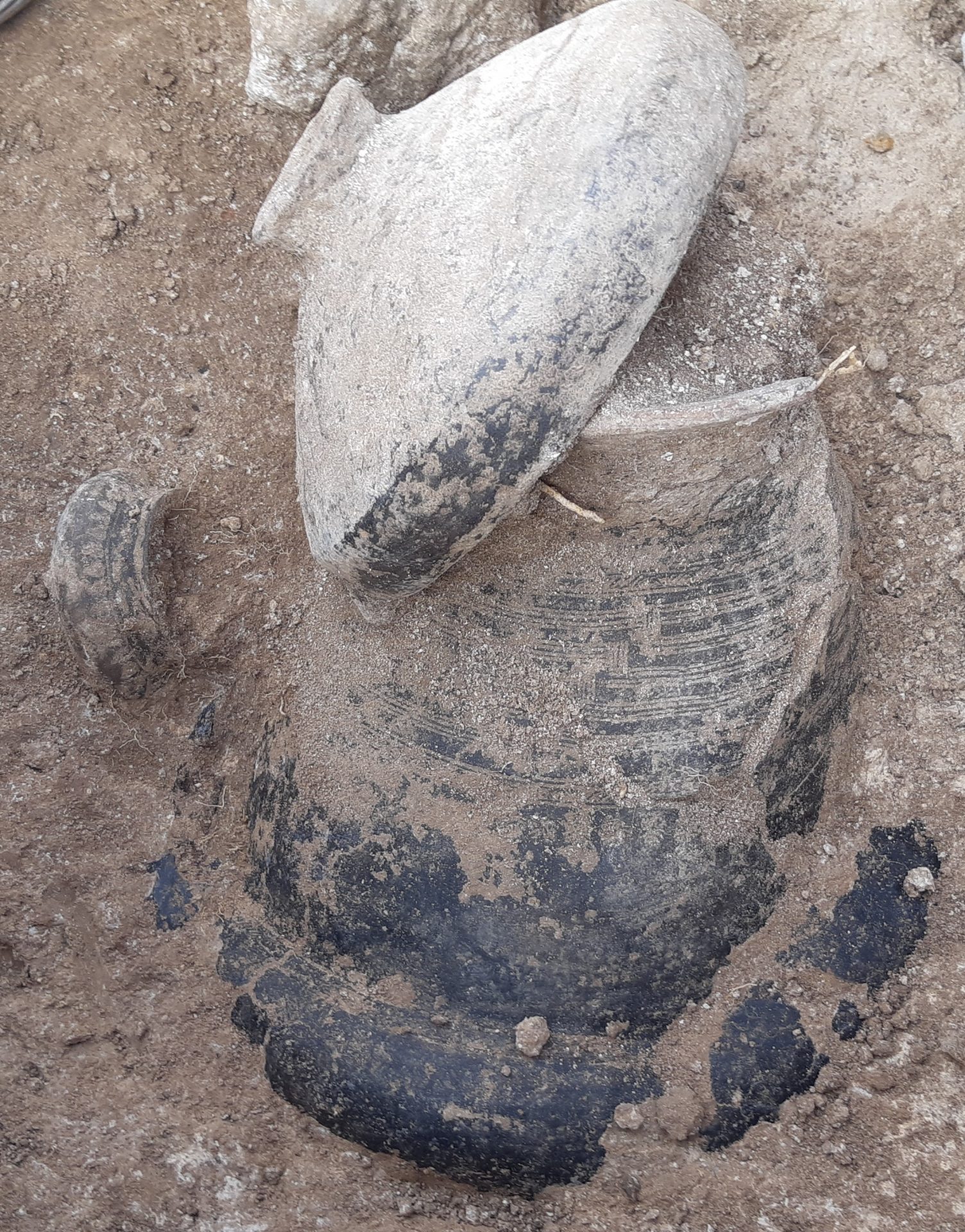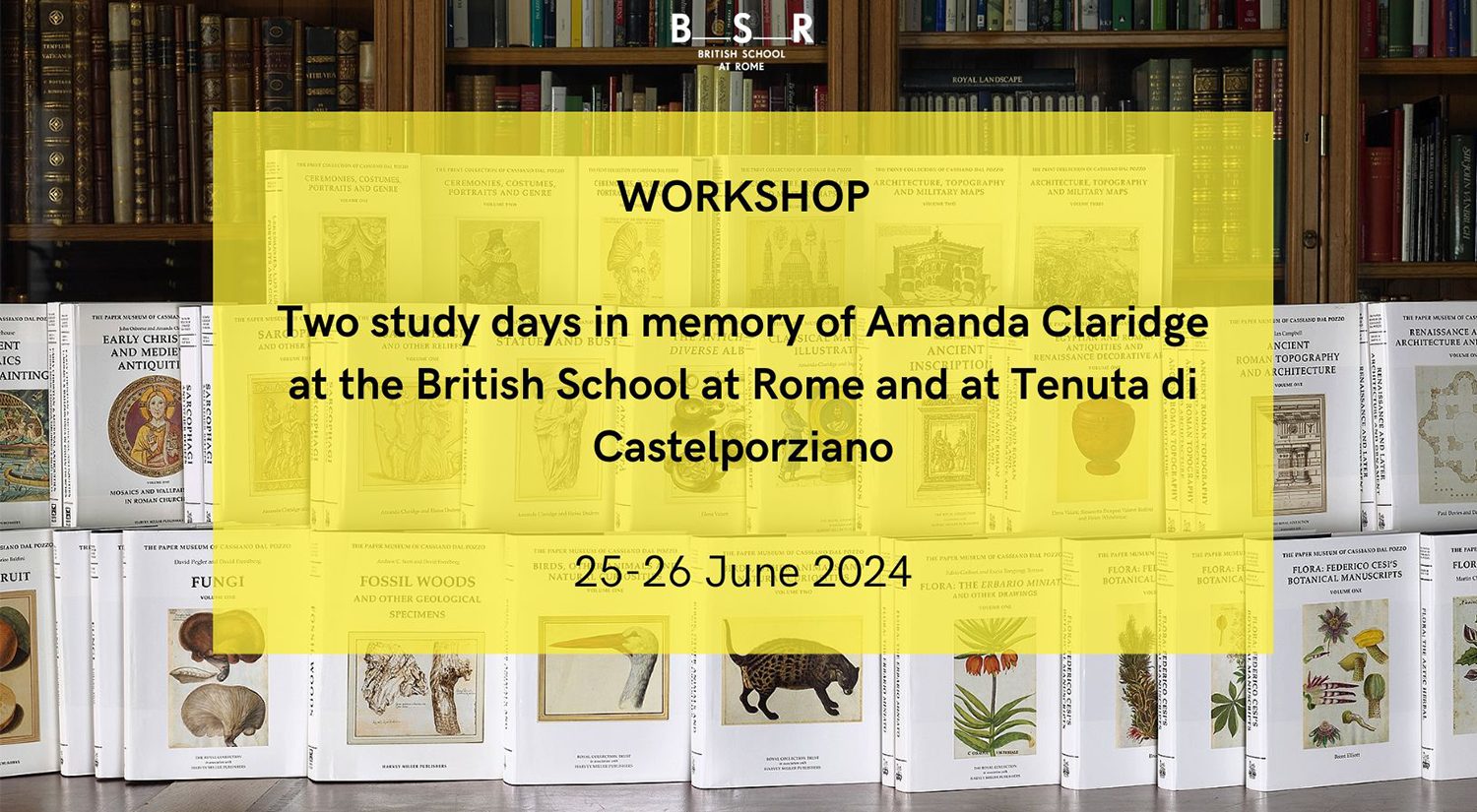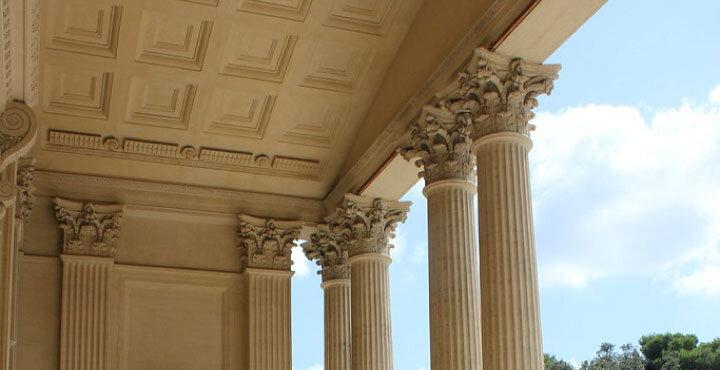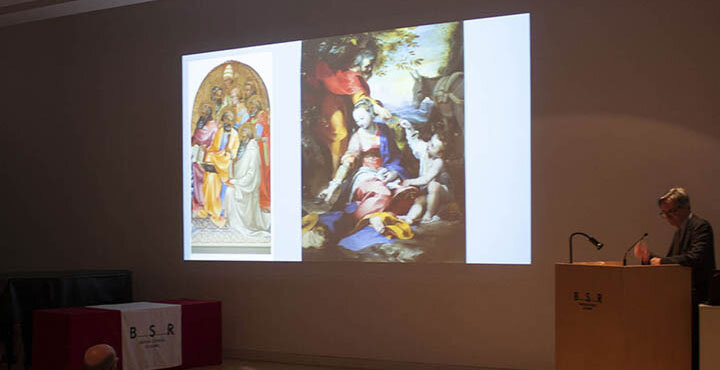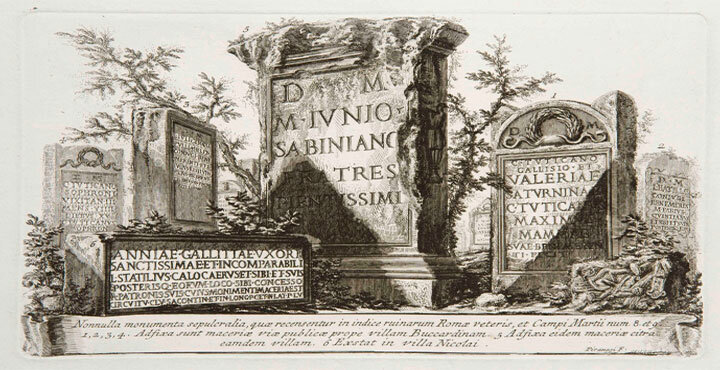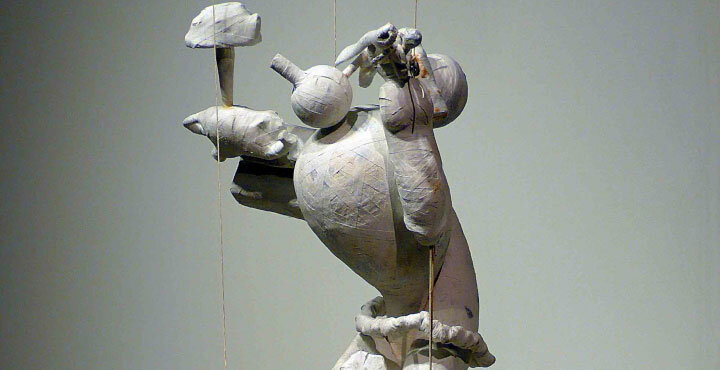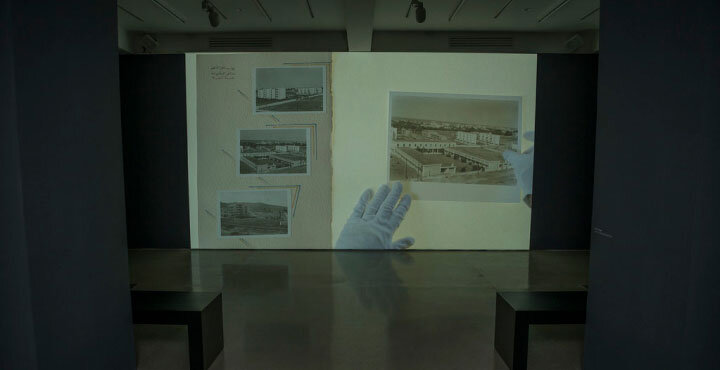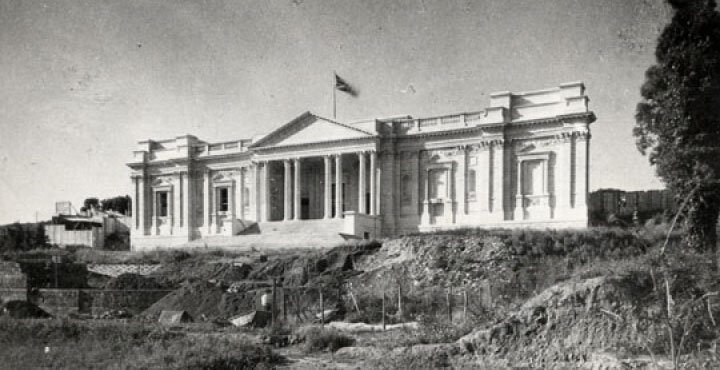During the early first millennium BCE, central Italy experienced geopolitical changes characterized by the nucleation of populations recognized as early forms of urbanization. Human groups associated with the Villanovan material culture (tenth–eighth century BCE, also known as proto-Etruscan), played a significant role in these changes due to their structural and territorial organization and dominant presence in Italy. Traditional archaeological analysis has hinted at the movements of people. Still, questions about the degree to which this mobility drew on local or more distant populations and the internal composition of these groups remain unanswered. Recent research has used multi-isotope and aDNA analysis of human and faunal remains from sites across the peninsula to investigate these changes. This paper explores the Villanovan material culture phenomenon of pre-Roman Italy from an isotope-based perspective. The Villanovan phenomenon will be first framed from an archaeological perspective within the Early Iron Age, while also considering the neighbouring contemporary cultures. The paper will then discuss the first set of data from previous and ongoing research on human mobility from Tarquinia (9th century BCE; Latium) and Fermo (9th-5th century BCE; Marche), considering isotope results in light of their archaeological contexts. Tarquinia, a Villanovan centre of Etruria, became one of the major Etruscan city-states in historical times. Fermo, a Villanovan enclave located in the Picene territory, did not have an urban phase, indicating a completely different development. 87Sr/86Sr isotope results on cremated and inhumed human remains revealed a high proportion of non-local individuals in both sites. In Tarquinia, non-local individuals are represented across the 9th century BCE, while in Fermo, non-local individuals are found only in the 9th-8th century BCE, with no outliers attested in the later analysed phases (7th-6th century BCE). Future work will enable us to further understand these dynamics, providing a compelling reworking of the traditional narrative of the Etruscan civilisation.
This event will be in English.
CITY OF ROME LECTURE SERIES
Carmen Esposito (PhD 2021, Queen’s University Belfast) is currently a Rome Fellow at the British School at Rome, working on her research titled TULAR: human mobility and socio-cultural shifts in frontier areas of pre-Roman Italy. Carmen was previously a Post-doctoral Research Associate at Cardiff University working on multi-isotope analysis (87Sr/86Sr, δ18O, δ13C, δ15N, δ34S) of animal bones from British Bronze–Iron Age midden sites as part of the AHRC-funded FeastNet project. She is interested in human mobility in early Iron Age Italy, exploring the Villanovan phenomenon of pre-Roman Italy through material culture, osteology, and multi-isotope analysis. Carmen will start her MSCA project in July at the University of Bologna, looking at human mobility in Villanovan sites.
The event will be held both in-person and online. No registration is required to attend in person, to attend online please register on zoom. We look forward to seeing you soon!

